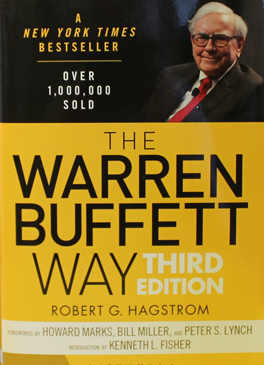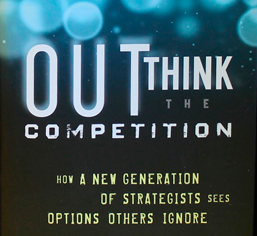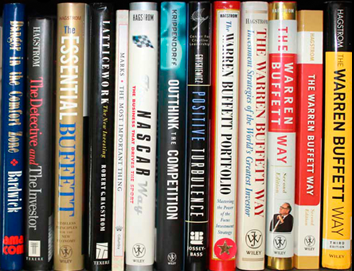In book publishing, the word “editor” has various meanings. Every manuscript goes through several editorial stages, usually performed by different people, and each stage has its own name and its own responsibilities. (If you’re interested,
click here for a description of the various types of editing.)
When I graduated from college, I took my brand-new English degree to New York City and started working in the world of book publishing. Except for a few years doing other things, I have been there ever since. All told, it adds up to more than 30 years of editorial experience in nonfiction books – as developmental editor, collaborator, and ghostwriter.
I’m not embarrassed to say that I started at the bottom, as an in-house copyeditor. Eventually I moved my way through the spectrum all the way to what is known as developmental editing. It’s the deepest kind of editing, and usually means taking an existing manuscript that everyone has concluded is seriously flawed and recreating it into something very different — pulling the pieces apart, discarding some, rearranging and then rewriting the others, doing additional research and writing completely new pieces to tie the whole thing together. It’s called “developmental” because the person doing it is actually developing an entirely new book, using the original manuscript as raw material. Sometimes this person is known by the more colorful term of “book doctor.”





